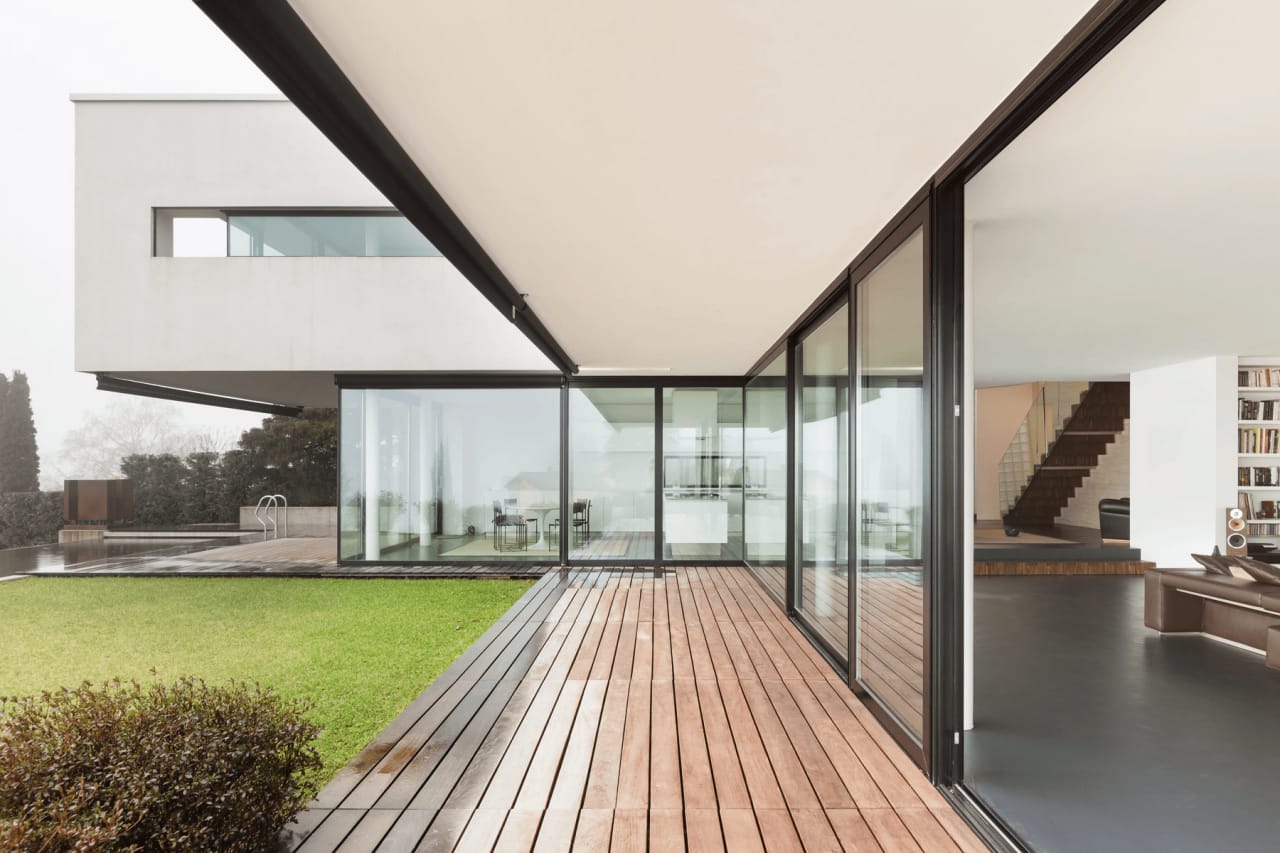Question: My condo association carries an expensive Master Insurance policy, but my lender is requiring that I purchase my policy. What coverage do I gain from the individual policy that the master policy doesn’t include?
Answer: Every condo association has its own (expensive) Master Insurance policy to cover the common elements, but there are substantial gaps between the association’s policy and what you’re personally liable for without an individual HO-6 policy. Most people shop for the cheapest, fastest individual insurance policy and apply just enough coverage to meet the lender’s requirements, but that may put you at risk.
To explain common gaps between master policies and HO-6 (individual condo) policies, I’d like to re-introduce Andrew Schlaffer, Owner and President of ACO Insurance Group. Andrew is an expert in Master Insurance policies and has helped multiple local condo associations reduce their cost and improve their coverage since writing a column on the topic last year. If you’d like to contact Andrew directly to review your association’s master policy, you can reach him at (703) 719-8008 or at [email protected].
Take it away Andrew…
Increasing Claims, Increasing Coverage Gaps
The condominium insurance marketplace is facing challenges that will impact homeowners in 2021. Water damage is leading this list of challenges—according to the Insurance Information Institute, about one-third of homeowner insurance losses are caused by water damage and freezing. The DMV is home to many aging condo buildings that struggle with mitigating water damage losses and their impact on insurance.
As water damage claims continue to rise and property damage costs increase, many insurance carriers are beginning to make changes to their coverage offerings that may increase your risk exposure.
Master Insurance vs Individual Insurance Policy
Nearly all master insurance policies in this area are written on a Single Entity basis which means coverage extends to general and limited common elements but also extends within individual units to fixtures, appliances, walls, floor coverings, and cabinetry, but only for like, kind, and quality to that conveyed by the developer to the original owner.
Items not covered by the master insurance policy and are generally not the association’s responsibility include:
-
Personal Property (clothes, electronics, furniture, money, artwork, jewelry)
-
Betterments and Improvements (demonstrable upgrades completed after the initial conveyance)
-
Additional Living Expenses (the cost to live at a temporary location, storage fees, loss of rent)
-
Personal Liability (protects bodily injury or property damage claims arising from your unit)
-
Loss Assessment (triggered only if there is a covered cause of loss and the master insurance policy limits are exhausted; this assessment would apply collectively to all unit owners)
-
Medical Payments (no fault coverage available for injured guests within your unit)
Condo owners should purchase an individual condo insurance policy (HO-6), which is also required by lenders. This policy can provide coverage for the items listed above.
Review Your Dwelling Coverage
Dwelling Coverage should be included in every HO-6 policy to avoid significant out-of-pocket expenses. Many condo associations can hold you responsible for expenses that fall under the master policy deductible that are caused by the owner’s act, neglect, misuse, or carelessness. Due to the rise in water damage losses, many insurance carriers are increasing their deductibles, which in turn spurs the need for homeowners to adjust their dwelling insurance limit.
In a recent instance, a condo suffering from significant water damage losses was required by its insurance carrier to increase the master insurance policy deductible from $10,000 to $25,000. In this community, each homeowner should have at least $25,000 of dwelling coverage to indemnify them for the deductible expense in the event a claim arises from their unit. If coverage is not available, the homeowner would either pay this expense personally or the association can put a lien on their unit.
Dwelling coverage should also include a homeowner’s betterments and improvements (improvements made above what the builder originally delivered), including those completed by prior owners. Most lenders will require at least 20% of the unit’s market value insured under this coverage as well.
What Information to Share with Your Insurance Provider
You should always review the condo association’s governing documents and understand the applicable statutory requirements (i.e. Virginia Condominium Act) and lender requirements to verify their responsibilities, including maintenance/repair and insurance. Along with sharing the association documents, homeowners should also provide their insurance agent with the following:
-
What is the master policy deductible? ($5,000, $10,000, $25,000)
-
What approach is used for the condominium insurance coverage? (Single Entity)
My Recommendation for HO-6/Other Individual Policies
Thank you, Andrew, hopefully, this helps at least a handful of readers better protect themselves.
I find that most buyers go straight for the path of least resistance and cheapest premiums for their insurance coverage. Adding coverage to your existing auto policy in 5-10 minutes probably means that nobody actually reviewed your association’s Master Insurance policy and thus you’re at risk of coverage gaps. I’d rather pay a bit more to know that my policies have been designed with some personal attention and reviewed annually for gaps. Andrew and his team can handle this for you as well.
If you’d like to discuss buying, selling, investing, or renting, don’t hesitate to reach out to me at [email protected].
If you’d like a question answered in my weekly column or to discuss buying, selling, renting, or investing, please send an email to [email protected]. To read any of my older posts, visit the blog section of my website at EliResidential.com. Call me directly at (703) 539-2529.
Video summaries of some articles can be found on YouTube on the Ask Eli, Live With Jean playlist.




